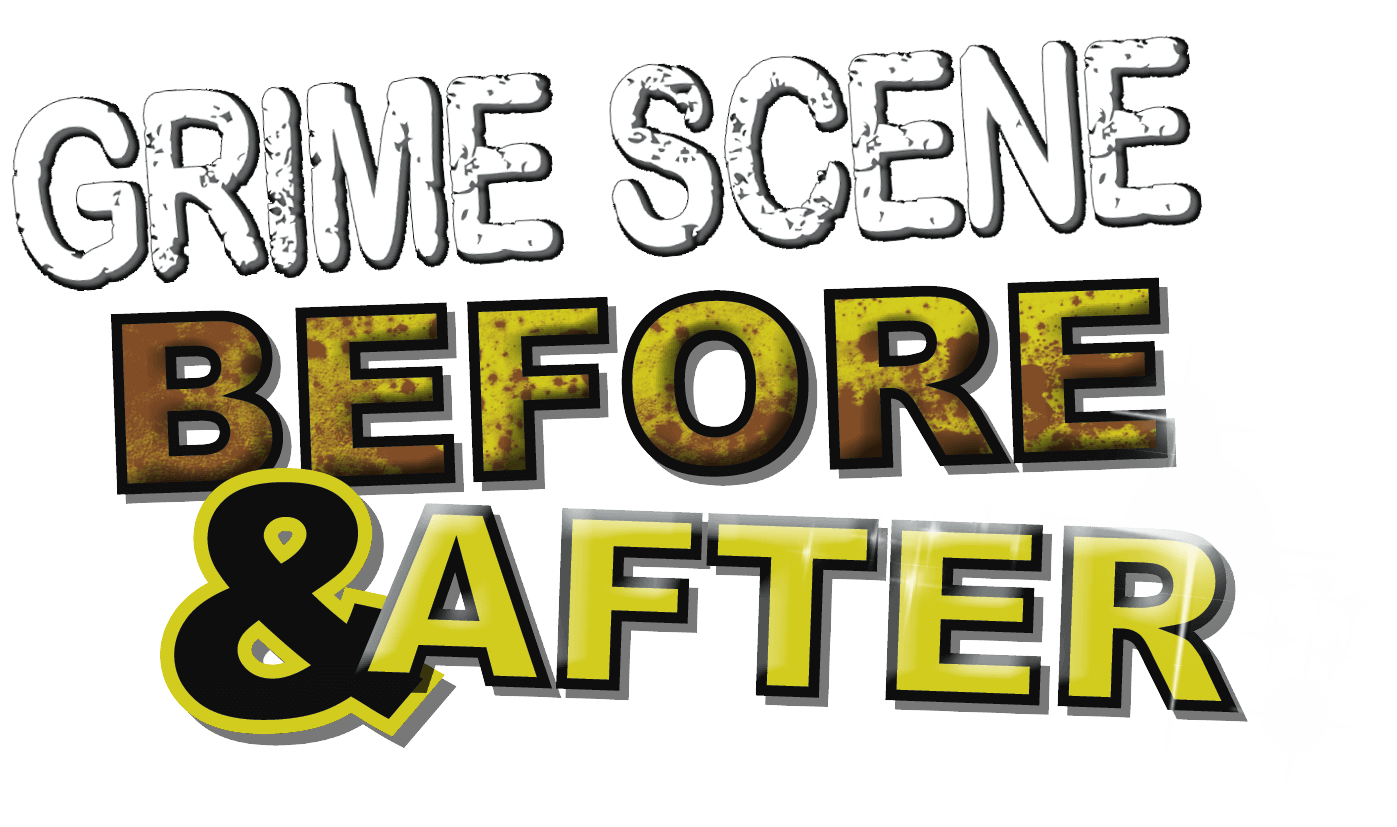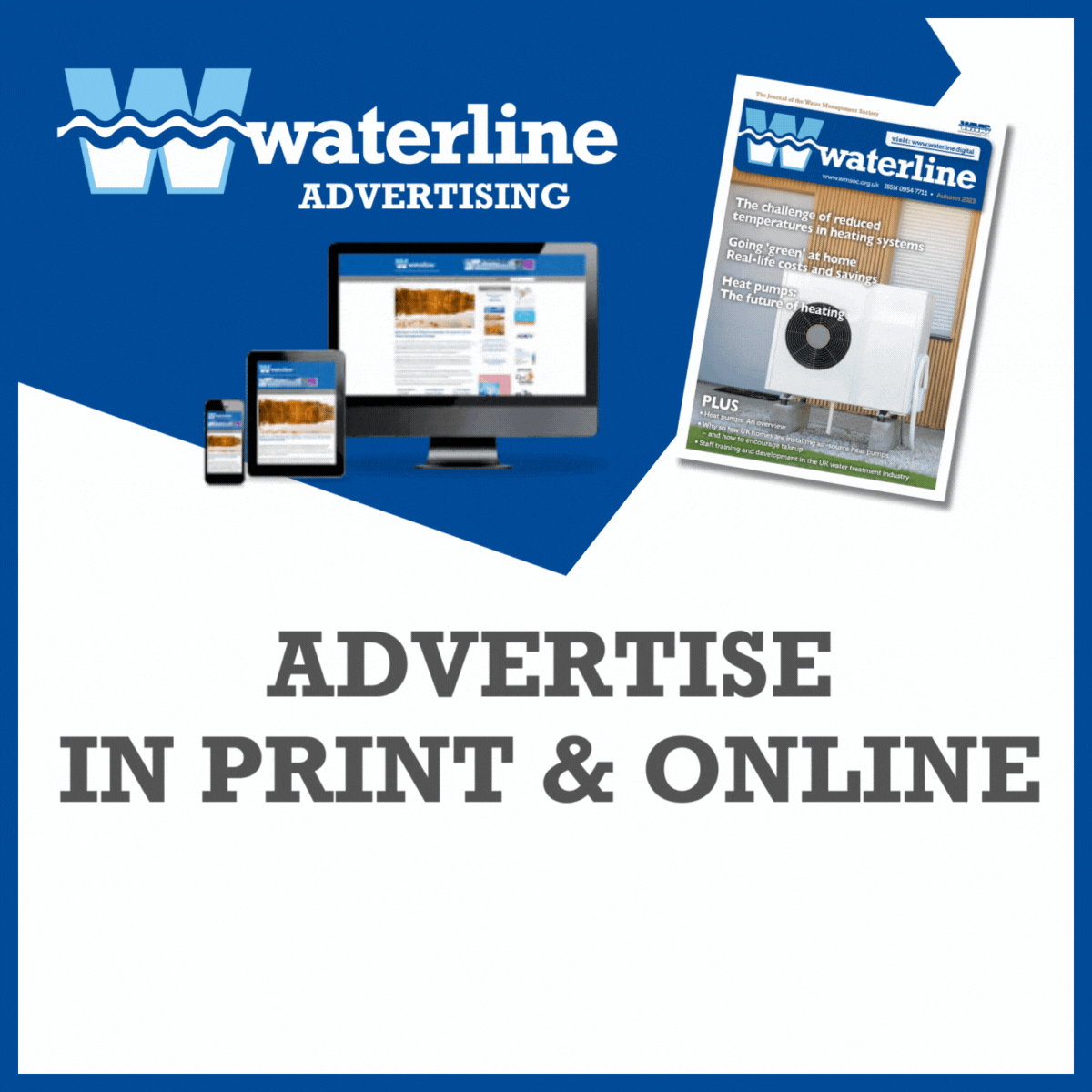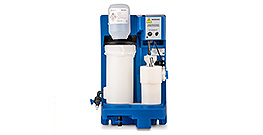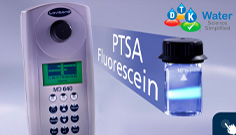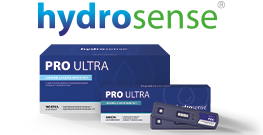As featured in Waterline Spring 2024
As part of WMSoc’s tribute to Dr P John Alvey, the Waterline Committee has sourced this article written by John from the Waterline archives.
The article was first published in the Winter 2021/22 issue of Waterline.
One day in 1984 in the life of a Water Treatment Consultant in the Middle East
by Dr John Alvey
In 1984, whilst working as a water treatment consultant in Kuwait, I was asked by my company to take advantage of a lull in hostilities during the war between Iraq and Iran to visit the Sheraton Hotel in the southern Iraqi city of Basra to make a service call.
Whilst doing some decluttering a few weeks ago, I stumbled across an article that I wrote in diary form for my company newsletter at the time, and I thought I might indulge in sharing this reminiscence with you………
07.00 Take the hotel bus from the Kuwait Hyatt Regency Hotel to the Kuwait Sheraton Hotel.
09.00 Take the public transport bus from Kuwait City to the border town of Abdully
10.30 Arrive at Abdully Customs. No problems. Visa OK.
11.00 Leave Abdully by bus across 4km of no man’s land to Safwan on the Iraqi border.
11.15 No problems at Iraqi Customs. (At this point, I made a vital error. More later.) Visit bank to convert some Kuwaiti Dinars into Iraqi Dinars.
11.45 Board the public transport bus from Safwan to Basra. The bus is full of Iraqi soldiers. There is no air conditioning, and the temperature is over 50 degrees centigrade by now.
12.30 Arrive in Basra. Probably a pleasant city at one time. Canals and bridges, park land, date-palm fringed avenues, but the Iraq – Iran war has taken its toll. Buildings only half standing, tanks in desert camouflage at all major road junctions, sand-bagged shop fronts, and air-raid shelters on street corners most of which are constructed from corrugated iron, rubble and sandbags.
Take a taxi to the Basra Sheraton Hotel.
12.45 Meet the Hotel Chief Engineer. Learn that Iraqi time is 13.45. He asks me if I would like some lunch before proceeding with my service. Having sweated out so much water on the hot journey, all I really want is a drink. Beer is available (unlike Kuwait). Make the most of the opportunity!
14.15 (Iraqi time) Commence service. The aim is to teach the hotel engineering staff to be self-sufficient. Who knows when the next lull in the war will be?
18.00 (Still Iraqi time) After a chat with the Chief Engineer over two more beers, leave the hotel via the main entrance, through a sand-bagged valley guarded by soldiers with machine guns. Take a taxi back to the border. The last bus across no man’s land leaves at 19.00 Iraqi time and there are unconfirmed reports that the border closes at 21.00.
19.00 After passport and visa check, board the border bus, relieved that things have gone quite smoothly – no bombs, no gun-firing, etc.
19.10 An Iraqi border guard stops the bus to check everyone’s passport. He doesn’tlike mine, and sends me back, walking across the desert to the passport office. On arrival, I’m informed that I haven’t got all the stamps required in my passport. Being somewhat inexperienced when it comes to crossing borders into war-torn countries, I’d failed to realise that, when passing from Kuwait into Iraq, I’d need an exit stamp at the Kuwaiti passport office and an entry stamp at the Iraqi passport office. I’d walked straight into Iraq earlier in the day without being challenged and without receipt of the necessary entry stamp.
21.15 After just over two hours of grilling by the Iraqi border guards and a phone call by the senior officer to his superiors in Baghdad, where they’d carried out an intelligence search and concluded that, as I have no record on file of criminal or covert activities, it’s safe to let me go.
There are no buses now, so it’s a 45 minute walk in the dark across the no-man’sland desert, which is infested with howling and potentially rabid desert dogs. My only defence is a standard company-issue consultant’s briefcase. Luckily, I meet up with a team of six men who’ve had a day’s holiday in Basra. They are all Polish and have been on the vodka all day. Acting together as a team, we manage to negotiate one of the packs of dogs halfway across. The alcoholic courage of the Poles helps fight them off.
22.00 (It’s 21.00 Kuwaiti time.) Queue for nearly 15 minutes at passport control, fingers crossed that my passport will be OK. The alcoholic Poles do a superb job in appearing stone-cold sober in front of the Kuwaiti passport control officers. Only one of the Poles has to leave in a hurry to be sick in the gutter on the road outside the building.
21.15 (Kuwaiti time) Buses back to Kuwait City have finished for the night. Go to the taxi rank. Disturb a taxi driver sitting on a carpet in the sand, playing cards by the light of Aladdin’s lamp. Negotiate fare back to the Kuwait Hyatt Regency Hotel. Manage to knock him down £26.00. (Quite a lot of money in 1984.)
21.30 Depart for the hotel. The night temperature is still 38 degrees centigrade and the taxi’s air conditioning system doesn’t work. I’m stuck to the taxi’s plastic seating all the way back.
23.15 Arrive at the Hyatt Regency Hotel. After changing, it’s time for dinner in the (thankfully) open-all-night hotel coffee shop. I’ve not eaten since 06.15.
00.30 Feeling much replenished, to bed, to dream of tomorrow’s flight to Saudi Arabia.
I doubt I’m the only member of the Society that has had an amusing or at-the-time traumatic experience at work. Perhaps, as you read this, you’ll be reminded of such an occasion that you might consider sharing with your colleagues in the Society? If so, why not drop us a line?





